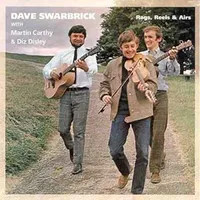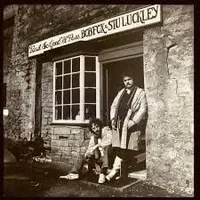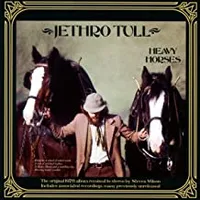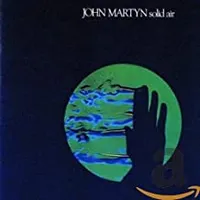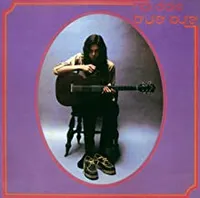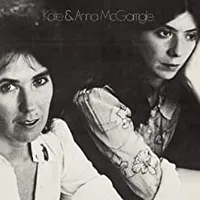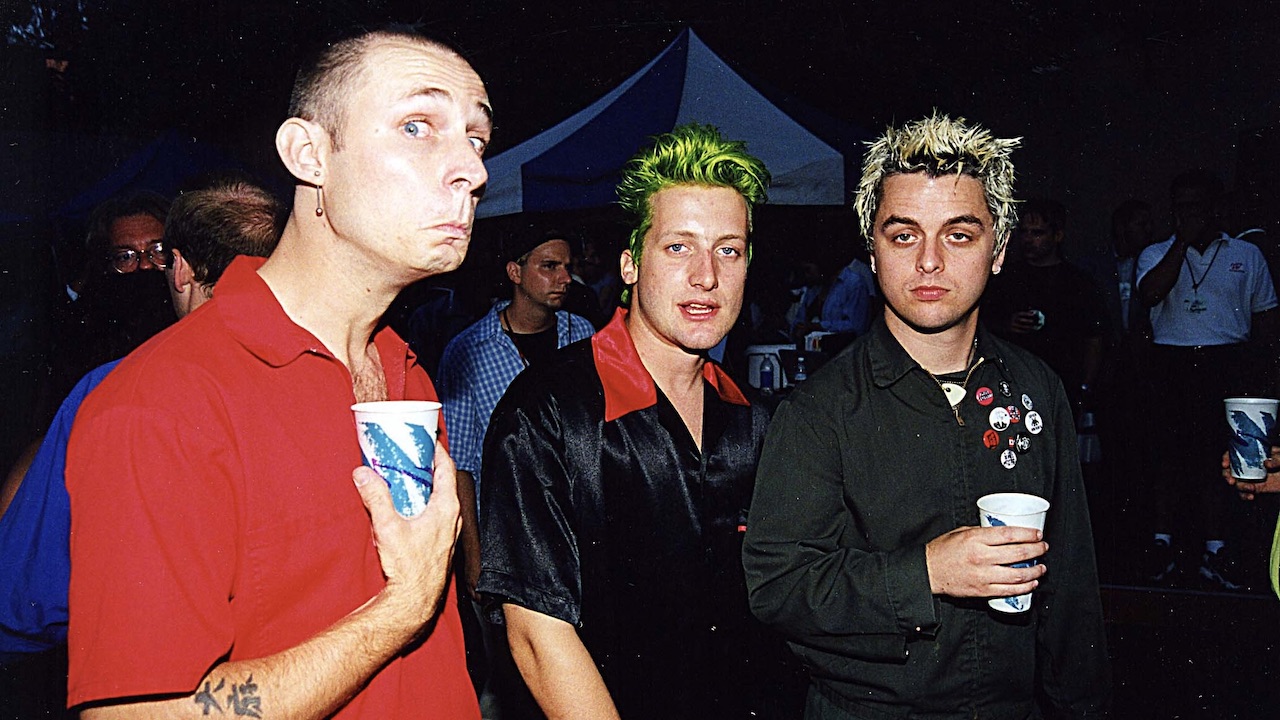Fairport Convention & Jethro Tull's Dave Pegg: my favourite folk-rock albums
Fairport Convention and former Jethro Tull guitarist Dave Pegg picks some of his favourite folk-rock albums
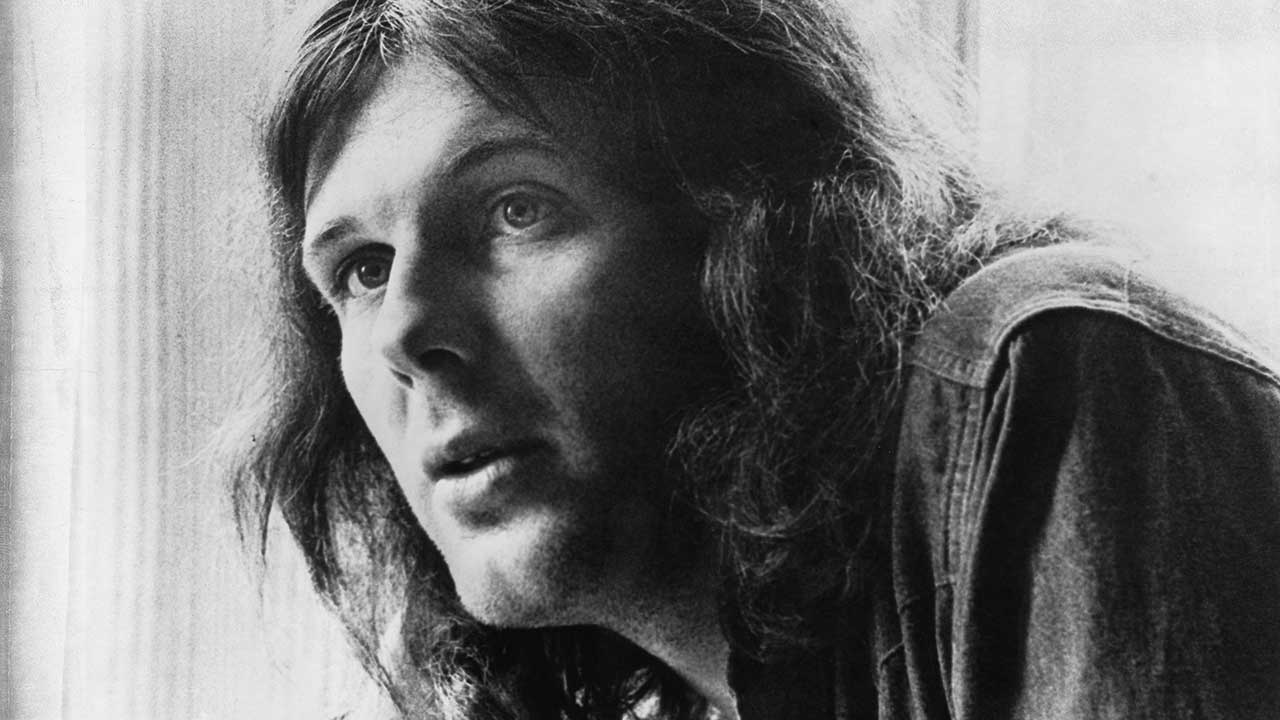
Although Fairport Convention are looked on as being a folk band, the reality is that the musical backgrounds of most of the guys in the band was rock.
For me it was things like Bert Weedon and Hank Marvin. A lot of the bands I’d played with as a teenager would have been Brum-beat groups in the 60s. And then I got quite into the stuff that was coming over from America, the blues and R&B stuff.
So a lot of the early bands that I was in were very much blues-based, inspired by the sounds coming across fromAmerica. And people like the Spencer Davis Group and Cream were becoming big at the time. I was in bands with people like Steve Gibbons and John Bonham, but eventually ended up in the Ian Campbell folk group with Dave Swarbrick. He left to join Fairport Convention, and thanks to him I was asked to join after Sandy Denny and Ashley Hutchings had left after LiegeAnd Lief [1969].
The great thing about being in Fairport was that we were fusing traditional music with electronic music but, as I said, all with a rock music background. The other great thing about Fairport was that, apart from Si Du Tois Partir [a French cover of Bob Dylan’s If You Gotta Go, Go Now], we never had a hit or a massive album, which has meant we’ve pretty much been left to our own devices without outside influences sticking their oar in.
For a while, certainly around 1979, no one was interested in this music, but today, with people like Seth Lakeman attracting headlines, I think folk rock is very healthy. And of course we’ve just carried on with our own record label and Cropredy festival, and with Chris Leslie we have one of the finest writers we’ve ever worked with. We’ve had a good run at things.
Below, Dave Pegg picks his six favourite folk-rock albums.

Dave Swarbrick With Martin Carthy And Diz Disley - Rags, Reels And Airs (Polydor, 1967)
This is a hugely influential album from some of the most iconic, folk-inspired people I’ve had the pleasure to work with. Diz Disley came from a jazz background, and I remember seeing them play in someone’s front room in Camden Town once.
The album is short, and all instrumental, but it remains one of the most awe-inspiring albums I remember hearing that helped interest me in traditional music.
Bob Fox and Stu Luckley - Nowt So Good’ll Pass (Rubber, 1978)
These two played together from time to time, especially around the North East of England. I can remember them opening for Fairport as well. I think this album got re-released, actually. [Fox and Luckley reunited in 2008 to celebrate 30 years since Nowt…, and released Thirty Years On with the original album and a host of previously unrecorded material.]
It’s more folk with a hint of rock; they do a wonderful cover of Reynard The Fox. It’s got some really strange time signatures on them. I think it won a Melody Maker award in 1978.
Jethro Tull - Heavy Horses (Island, 1978)
I played in Jethro Tull for about 15 years, from about 1979, so I never actually played on this record, but it’s without a doubt one of my favourite Tull albums, a truly wonderful record.
I love the imagery that Ian Anderson conjures up in this and the other folk trilogy albums, but this, and its devotion to shire horses, nails it for me. We dipped into folkier sounds with Broadsword And The Beast [1982], but this is Tull at their best.
John Martyn - Solid Air (Island, 1973)
I haven’t just picked this because I played on it, ha ha ha. In fact I think quite a few of Fairport played on this record: Swarbs [Dave Swarbrick], Simon Nicol, Richard Thompson and me. There’s a great sense of having fun listening to this album again. And a great crossover of musical styles.
It was great fun to work with Danny Thompson [upright bass player] who I knew from his Pentangle days, and of course who worked with John for much of his career.
Nick Drake - Bryter Later (Island, 1970)
This is still one of my favourite albums. Myself and Fairport’s Dave Mattacks play on a few of the tracks, and I think John Cale [former member of the Velvet Underground] also appears.
What really impresses me about Bryter Later is that producer Joe Boyd, who was hugely influential on folk rock music, gave everyone a sense of freedom. From engineer John Wood to arranger Robert Kirby, everyone seemed to work on this record with such a sense of freedom.
Kate & Anna McGarrigle - Kate & Anna McGarrigle (Hannibal, 1975)
This is another excellent example of the quality of Joe Boyd and John Wood [the producers] working so well together.
I always hear a fair bit of influence from Kate and Anna’s fellow Canadians The Band, on this record, which, along with their second album, Dancer With Bruised Knees [1976], are the ultimate folk rock albums from the girls. In fact check out the French songs from the second album and it’s almost like folk reggae.
Dave Pegg was speaking to Jerry Ewing.
Sign up below to get the latest from Classic Rock, plus exclusive special offers, direct to your inbox!
